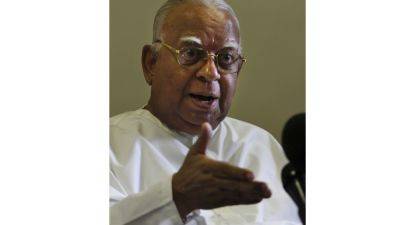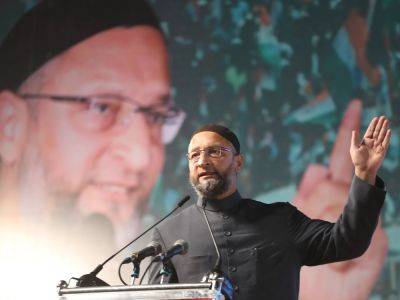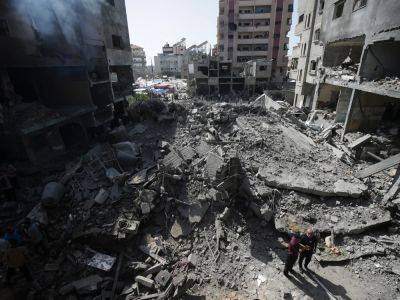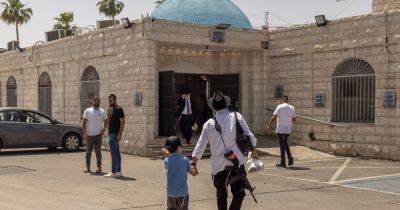Why Gaza gets more attention than Xinjiang
Condemnation of Israel’s invasion of Gaza has dominated the news, mobilized civil society groups to launch protests, and drawn rebukes from world leaders.
United Nations Secretary-General António Guterres has called the death and destruction in Gaza “unprecedented.” On June 10, the foreign ministers of the BRICS countries similarly criticized the “unprecedented escalation of violence” in Gaza and “Israel’s continued blatant disregard of international law.”
In December 2023, the UN overwhelmingly approved a demand for a humanitarian cease-fire. On May 10, by a vote of 143 to 9, the UN General Assembly voted to urge the Security Council to upgrade Palestine from an observer to a UN member state. (The US voted against both measures.)
This contrasts with the world’s reaction to another case of “blatant disregard” for the human rights of a colonized population: China’s mistreatment of Uighurs and other Muslim minority peoples in Xinjiang Province.
In October 2022, by a vote of 19 to 17 (with 11 abstentions), UN member states blocked the UN Human Rights Council (UNHRC) from debating the issue of PRC government policy in Xinjiang. Of the 19 countries that voted against debate, nine are Muslim-majority and two others are nearly half Muslim.
The relatively lower levels of global visibility of and outrage over Xinjiang versus Gaza are explained by two features of today’s international political landscape:
- the ideological fault line between the democracies and the Global South; and
- China’s ability to leverage its economic and diplomatic power to support Beijing’s foreign policy goals.
The severe and widespread mistreatment of Uighurs and other Muslim minorities in Xinjiang by the Chinese government is well–documented. The







